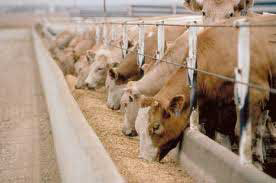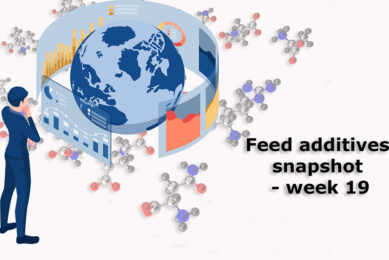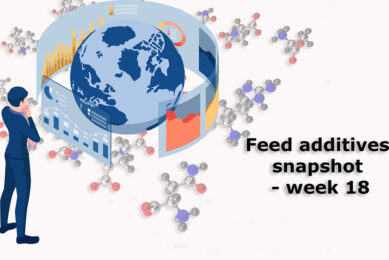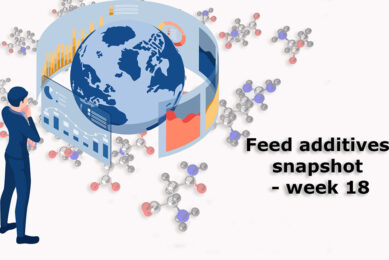US Feedlots close as droughts cause ripple effect

After years of severe drought, the US the beef industry with feedlots and meatpacking plants are closing due to lack of cattle in the US.
Some feedlots in the nation’s major cattle-producing states have already been dismantled, and others are sitting empty. Operators say they don’t expect a recovery anytime soon, with high feed prices, much of the country still in drought and a long time needed to rebuild herds.
The closures are the latest ripple in the shockwave the drought sent through rural communities. Most cattle in the US are sent to feedlots for final fattening before slaughter. The dwindling number of animals also is hurting meatpackers, with their much larger workforces. For consumers, the impact will be felt in grocery and restaurant bills as a smaller meat supply means higher prices.
Cattle numbers have been falling for years as the price of corn used to feed animals in feedlots skyrocketed. The drought accelerated the process, but many feedlots were able to survive at first because ranchers whose pastures dried up weaned calves early and sent breeding cows to be fattened for slaughter.
But now far fewer livestock than normal remain on the farms. And, ironically, if it rains this spring and summer, even fewer animals will go into feedlots because ranchers will hold back cows to breed and rebuild their herds.
Texas, the largest beef-producing state, has been particularly hard hit with a historic drought in 2011 from which it still hasn’t fully recovered.
Given the cost of transporting cattle, most of the nation’s feed yards and slaughterhouses are in the big cattle-producing states of the High Plains. While the industry has been gradually shifting north from Texas into areas that are expected to more rapidly recover from the drought, businesses in Kansas and Nebraska are struggling too.
Join 26,000+ subscribers
Subscribe to our newsletter to stay updated about all the need-to-know content in the feed sector, three times a week. Beheer
Beheer








 WP Admin
WP Admin  Bewerk bericht
Bewerk bericht